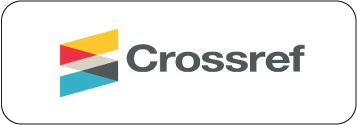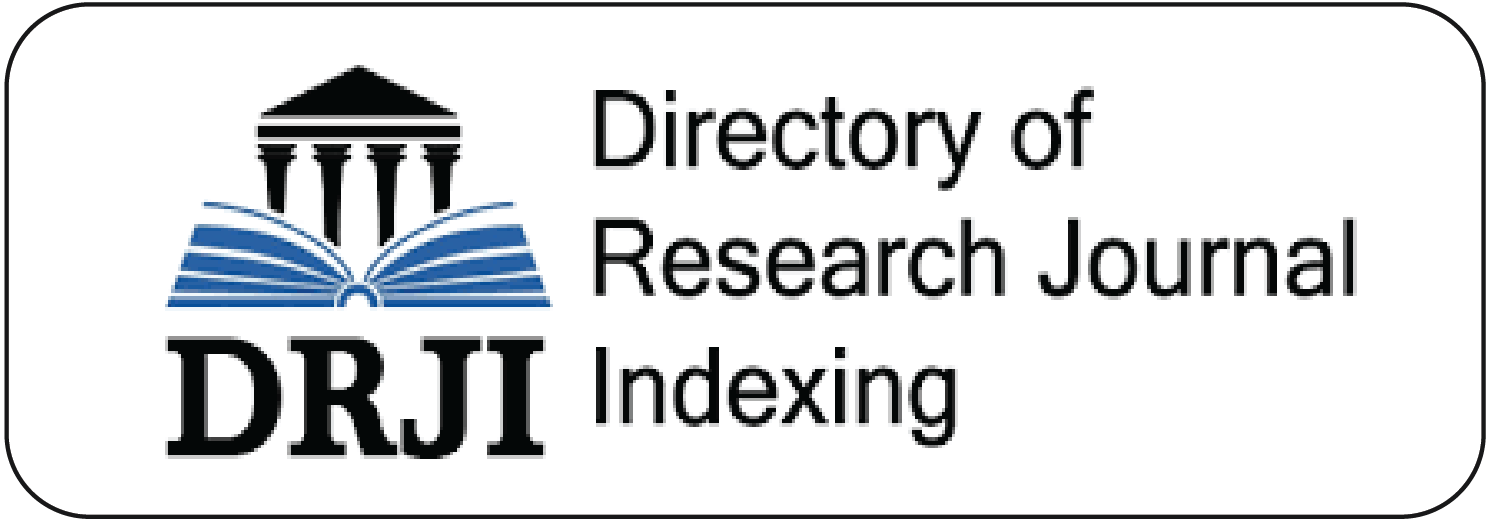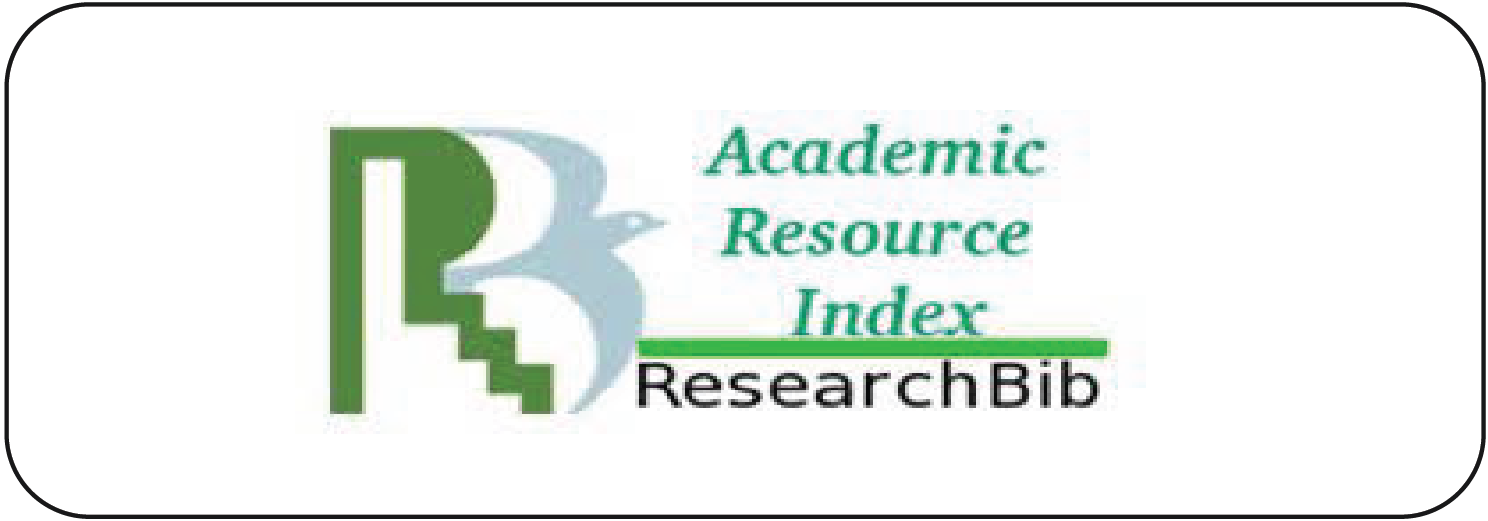Enhancing Zakat Compliance: Introducing The Slippery Slope Framework
DOI:
https://doi.org/10.51377/azjaf.vol5no2.189Keywords:
zakat, slippery slope, compliance, trust, powerAbstract
This study introduces the Slippery Slope Framework for enhancing zakat compliance, addressing the issue of voluntary adherence due to insufficient and non-comprehensive existing legislation. This lack of stringent and holistic legal measures has resulted in some of the Muslim community neglecting their zakat obligations. The Slippery Slope Framework aims to provide a structured approach to improve compliance by balancing enforcement with the cultivation of trust. Employing a conceptual methodology, this paper explores and justifies the introduction of this framework as a model for zakat compliance. The findings highlight the framework's potential to significantly enhance zakat adherence through a dual strategy of authoritative enforcement and fostering voluntary compliance. This research offers valuable insights for policymakers and stakeholders in the Islamic fiscal economy, proposing a model that not only strengthens compliance but also enhances the overall effectiveness of zakat collection and distribution. The study underscores the critical need for a comprehensive legal framework to ensure that zakat obligations are met consistently, thereby contributing to socio-economic justice and welfare empowerment within the Muslim community.
Downloads
Downloads
Published
How to Cite
Issue
Section
License
Copyright (c) 2024 Mohd Suffian Mohamed Esa , Hairunnizam Wahid, Salmy Edawati Yaacob, Nik Airin Aqmar Nik Azhar

This work is licensed under a Creative Commons Attribution-NonCommercial-NoDerivatives 4.0 International License.





















